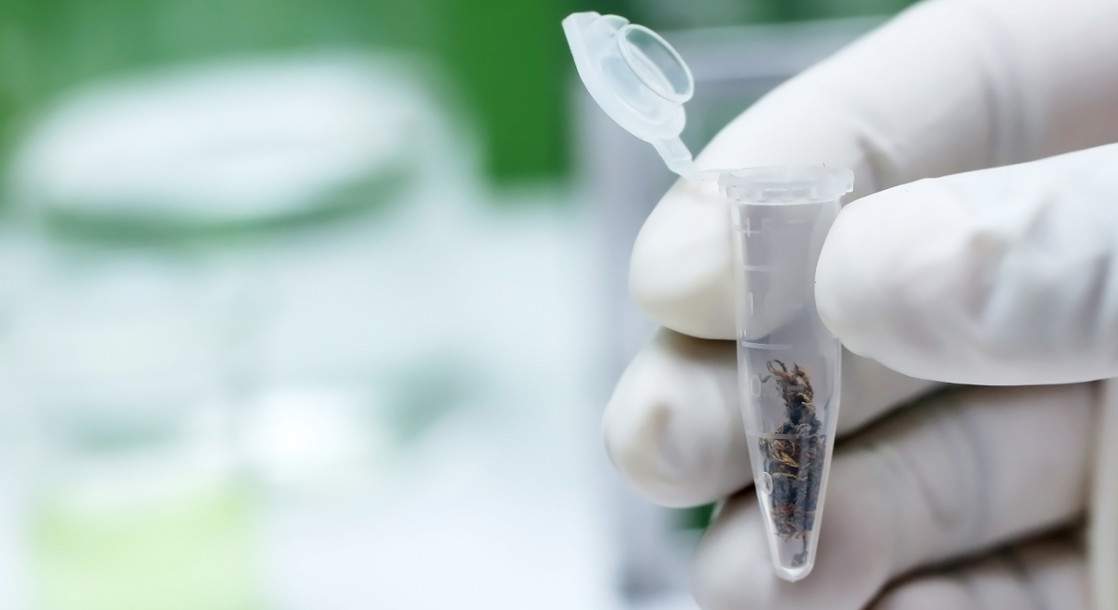On Friday, in response to a growing outcry from Oregon’s marijuana producers, processers, and retailers, the Oregon Health Authority (OHA) released new temporary rules for cannabis product testing in the statewide industry, acknowledging in a press release that “testing costs are driving up consumer prices, creating product shortages, and causing some processors to temporarily cease operations and furlough employees.” OHA’s press release indicates that the order for new provisional guidelines came from Governor Kate Brown herself, who reportedly “requested agencies to develop the temporary rules so producers and processors can test fewer samples, which is expected to lower costs and create a more efficient process”. The release also cites her office’s marijuana policy adviser Jim Rhoades, who said “The Governor has been clear about the importance of the marijuana industry to Oregon’s economy. This approach keeps Oregonians employed, prevents marijuana product from slipping back into the illegal market, and continues to protect public health and safety.” The revisions allow for more consolidated testing of herbal cannabis; exclude testing for specific alcohol-based solvents; and permit less strict labeling; but they don’t alter the pesticide requirements recently protested by the state’s cannabis industry.
While Mark Pettinger of the Oregon Liquor Control Commission (OLCC; one of three agencies that regulates cannabis in the state) said earlier this month that he was unsure if the rules would change before the state’s legislature reassembles next year, it appears that OHA moved ahead and filed for a temporary amendment and suspension of certain cannabis testing regulations with Oregon’s Secretary of State, as permitted by state law. The move comes after months of public conjecture about the potential for market problems stemming from Oregon’s new regulatory framework for cannabis, which first went into effect on October 1st of this year. The worst fears of many in the industry were confirmed earlier last week in a report produced by Whitney Economics, a cannabis research and consulting firm in Portland, Ore., which conducted a survey of Oregon cannabusiness owners and concluded that the new rules, with only six labs in the whole state certified to test cannabis and value-added products, had caused “higher prices, less supply, job losses, and economic hardships.” It also predicted hundreds of millions of dollars in resulting black market activity alongside tens of millions in lost state tax revenue. It seems that the wave of publicity the report subsequently generated compelled the state to take Whitney’s warning to heart and act; yet the purported solution is already causing further consternation among the marijuana business community.
Trista Okel, who publicly vented in November about the unsustainable cost of testing for her small-batch cannabis topicals under state requirements, told the Oregonian that the temporary rules will actually increase the amount of testing she’ll need to do, from 12 to 32 samples per batch. She’s now exploring “how to ride this out” by looking into licensing agreements in states with legal marijuana and “reasonable regulations”. Don Morse, a Portland dispensary owner and original supporter of the new rules, because he thought they’d help legitimize the industry, who later realized his error and decried the supply shortages and cost increases the regulations caused, says that the temporary amendments are “smoke and mirrors,” adding “We were hoping for more to alleviate the backlog of testing and we don’t see that this really does that.” Jesse Peters, a cannabis cultivator south of Portland, says of the biggest cause of failed cannabis tests—the state’s strict pesticide requirements, which weren’t yet announced when growers were planting this season’s crop—that there haven’t been enough studies on the effects of smoking pesticide-treated cannabis, adding “We need science-based knowledge on cannabis, [not] assumption.” Amy Margolis, the director of the Oregon Cannabis Association and industry lawyer who previously called for a more far-reaching moratorium on the regulations, said the new efforts could even “be a step backward” and would “negatively impact our edibles makers and our processors”.
Beau Whitney, author of last week’s provocative report, said the temporary rules were a “start”, but that the lack of labs is the larger problem—“there’s still this huge bottleneck,” he said. But it appears that even the current dilemma will not precipitate swifter state action on lab certifications. Manager of Oregon’s Medical Marijuana Program Andre Ourso said that “cannabis labs are not a priority” for ORELAP, the state’s environmental lab accreditation program, and are on an “even keel” with the state’s apparently many other environmental lab assessments. While concerns remain for many about the viability of their businesses under the allegedly still oppressive regulatory regime, others are ready to compete in a tougher environment: Avid Hadar of Oregrown, a Bend, Ore.-based cannabis cultivator, said that it’s natural some businesses “will succumb in a regulated industry”. “It’s time for the big boys to play. If you want to release a product into the OLCC recreational market, you need to know what you’re doing.”











